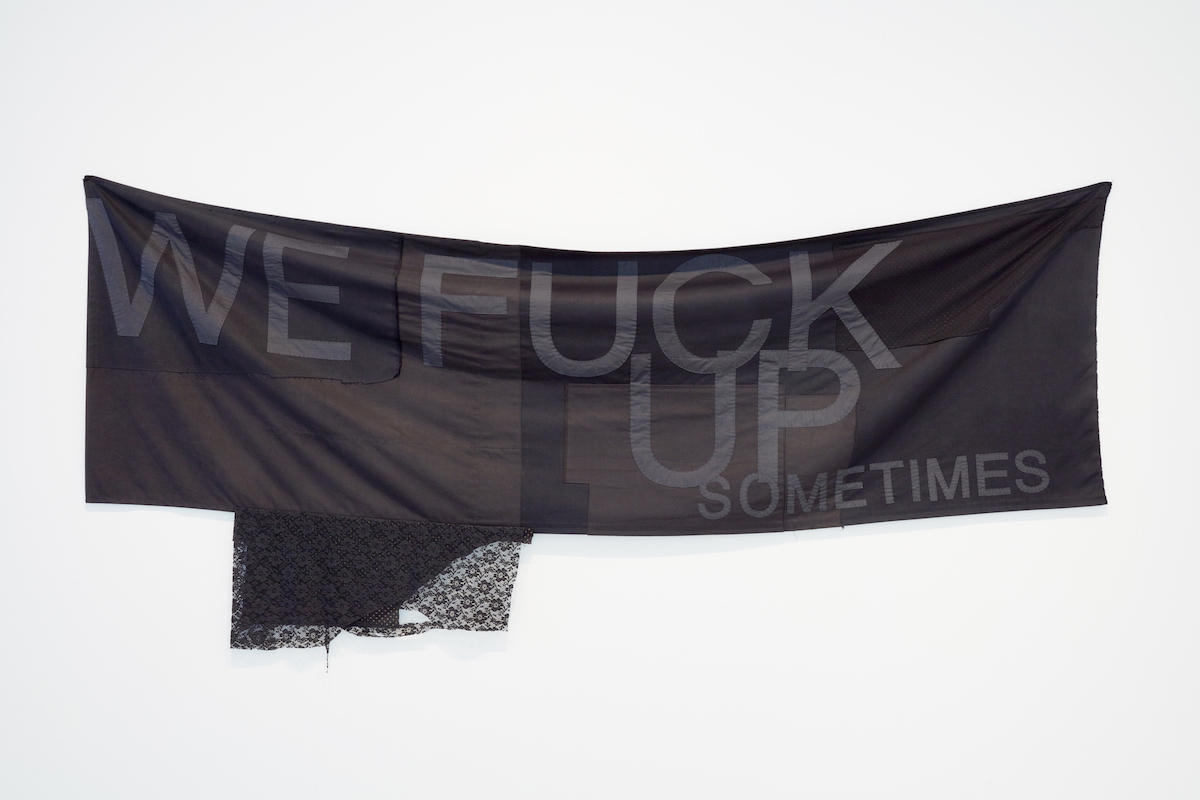banner image: Tuesday Smillie, Sometimes, 2016
Why can’t we all just get along? This seminar will offer an opportunity to delve into the history, and the present, of conflict and disagreement within feminist movements––including the ongoing legacy of the 1980s clashes over porn and BDSM known as the sex wars, women of color and trans critiques of white cis feminist exclusion, and responses to abuse within social justice movements. Rather than seeing conflict as a failure to achieve goals of unity and progress, we will take feminisms’ fractures and disputes as opportunities to study how power and difference operate in struggles for social transformation. We will also ask what it might mean for conflict itself to be feminist. How can we apply feminist principles of justice and care in the most fraught situations, without eliding the structural issues that lead conflicts to develop?
We will begin our exploration of feminist conflict by reading about the centrality of emotion to social justice-oriented movements and scholarly fields. If righteous anger is one of the forces that drives us to work against oppression, what happens when it is turned against fellow movement participants – and what if it is justified? What stories do we tell ourselves about the formation, fragmentation, and institutionalization of movements, and how might attending closely to conflicts alter those?
Next we will move to some case studies from the feminist history of conflict, which we will read alongside recent scholarship that takes off from these histories. Exploring the nuances of the conflicted feminist past will, hopefully, inspire you to contemplate which other feminist conflicts you might wish to understand better, setting the scene for your independent research for the semester.
In the second half of the semester, you will be working on your final project while we continue to study collectively. Our readings will focus first on the movements created within feminist and social justice movements to address conflict, harm, and abuse, as we consider the relationship between interpersonal and political conflict. Finally, we will spend our last weeks engaging speculative possibilities for reimagining and reframing feminist conflict.
As we read about, think through, and discuss the issues that studying feminist conflict raises, it is highly likely that our class discussion will bring us some feminist conflict of our own. We’ll work together in class to create shared parameters for our discussion that allow us to experience disagreement, discomfort, solidarity, and connection with the greatest degree of generosity, accessibility, and mutual care that we can achieve.
Required texts
- adrienne maree brown, Emergent Strategy: Shaping Change, Changing Worlds. AK Press, 2017.
- Ching-In Chen, Jai Dulani, and Leah Lakshmi Piepzna-Samarasinha (eds.), The Revolution Starts at Home: Confronting Intimate Violence Within Activist Communities. AK Press, 2011.
- Cherrie Moraga and Gloria Anzaldua (eds.), This Bridge Called My Back: Writings by Radical Women of Color. 1981. Fourth Edition. SUNY Press, 2015
- Anne Russo, Feminist Accountability: Disrupting Violence and Transforming Power. NYU Press, 2019.

